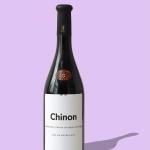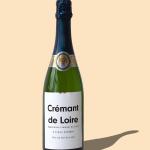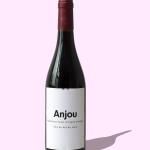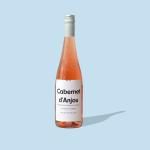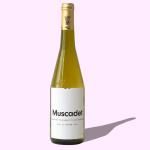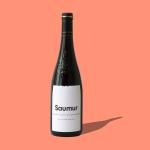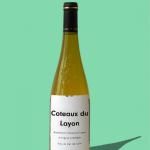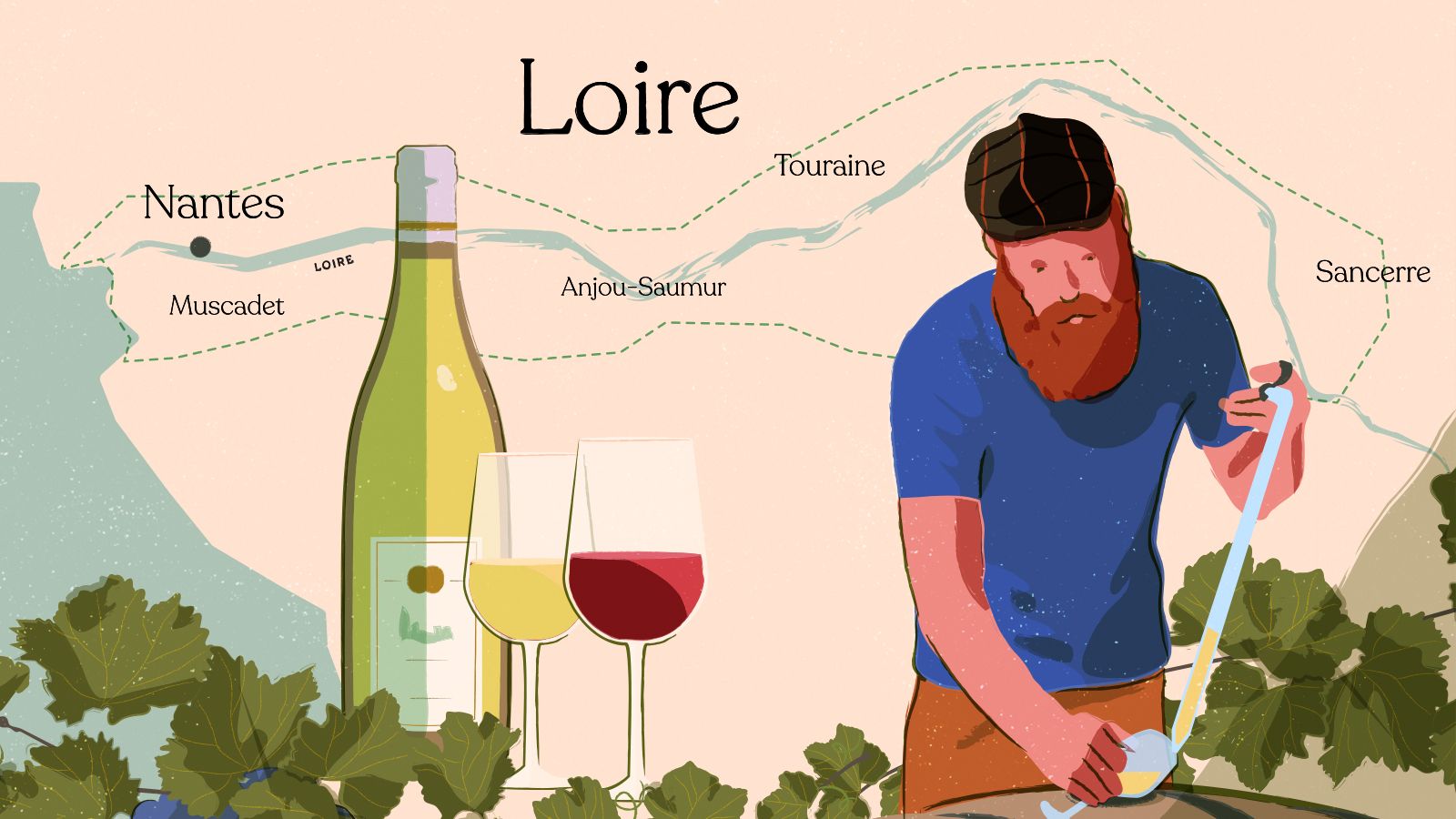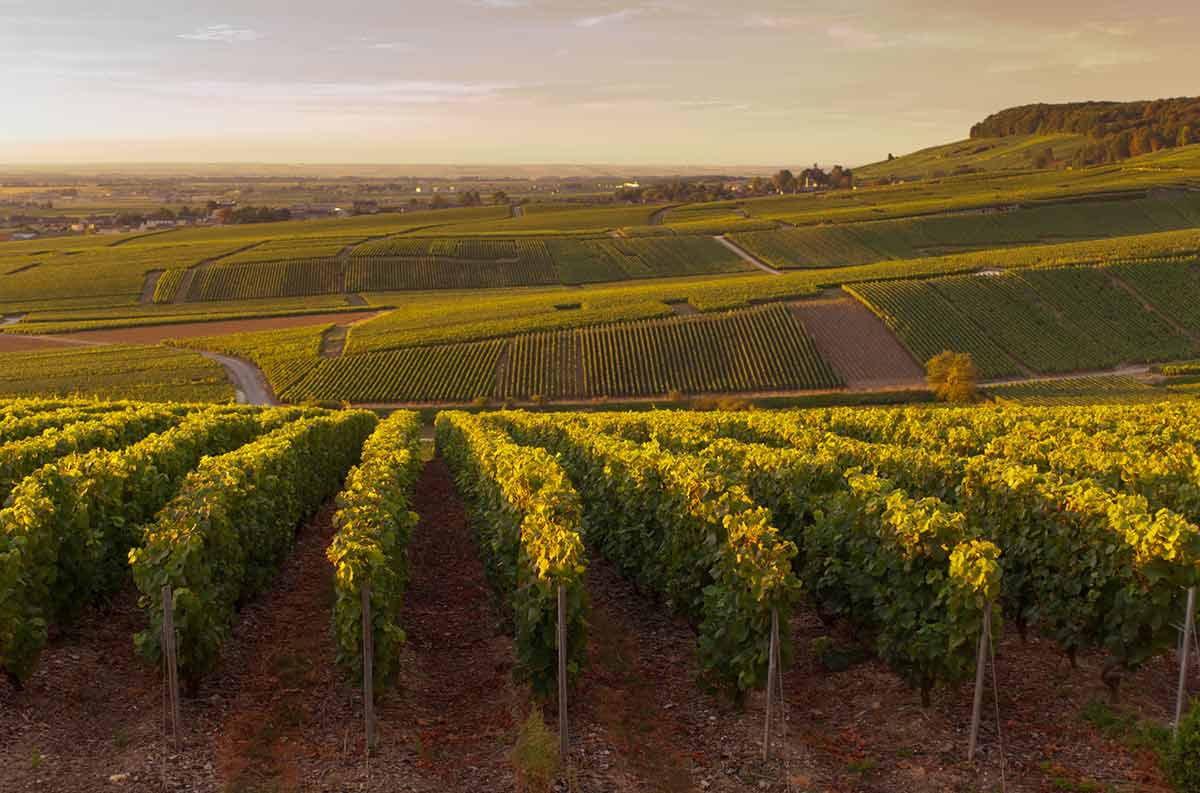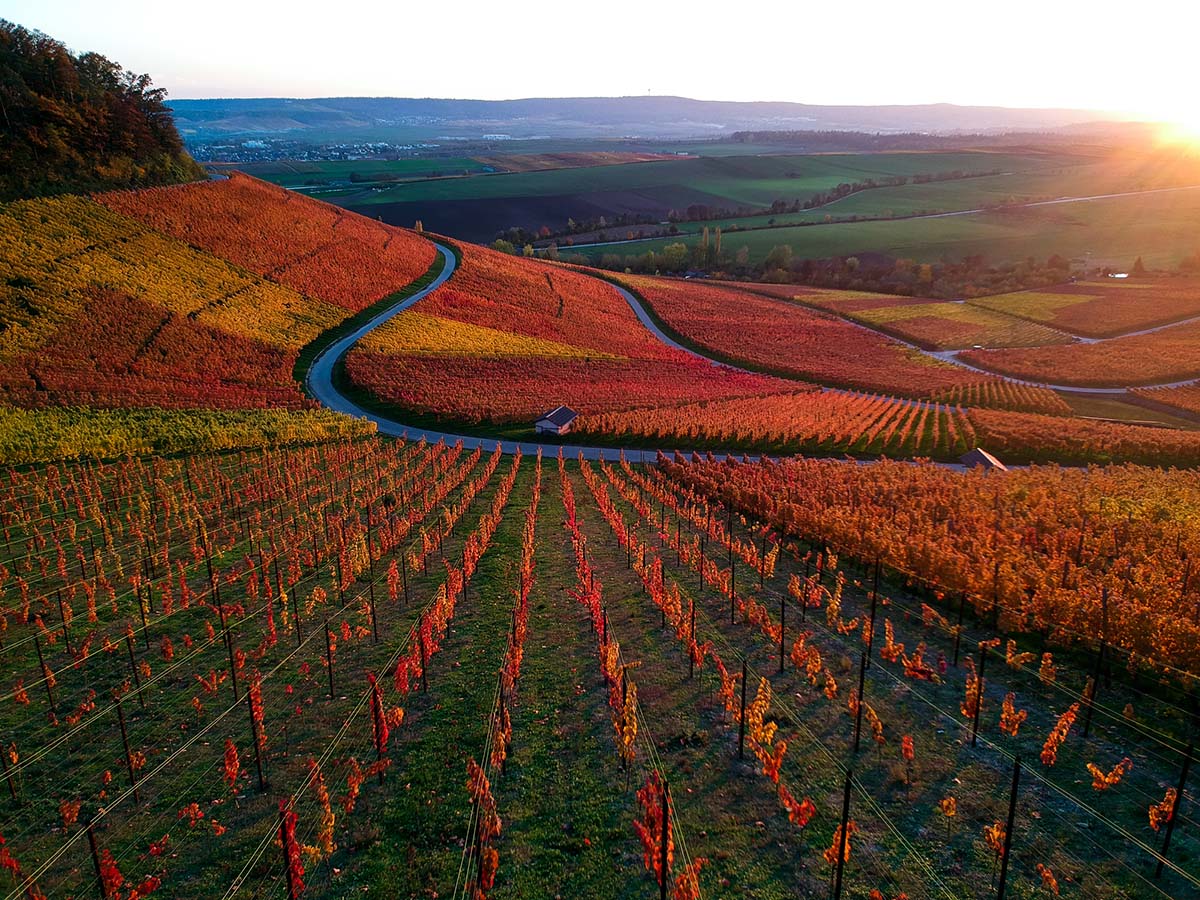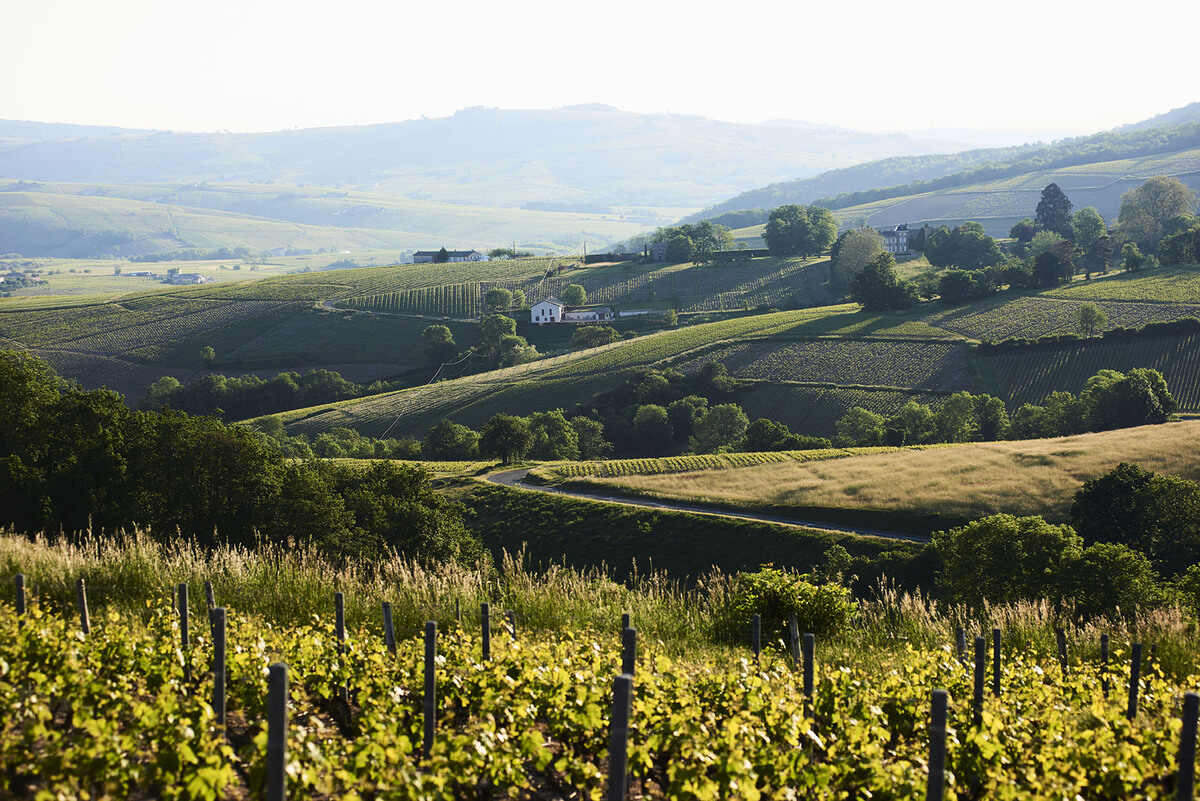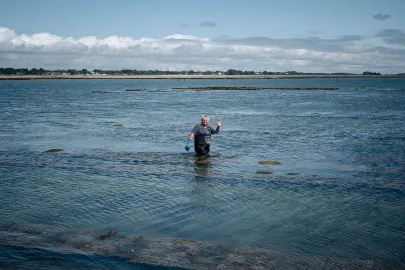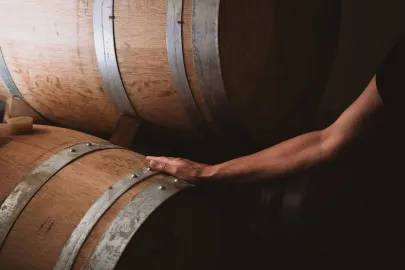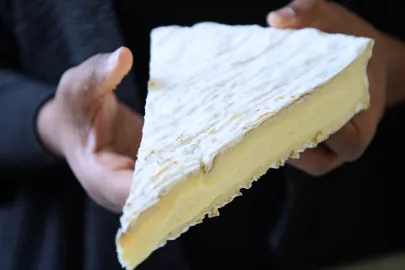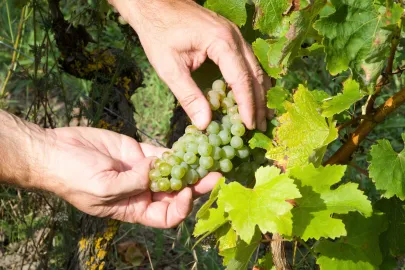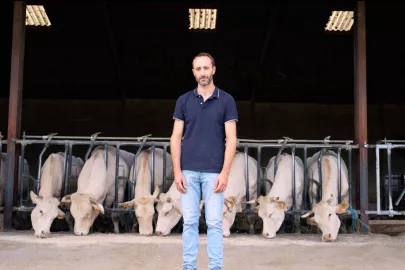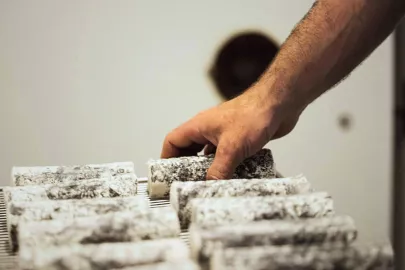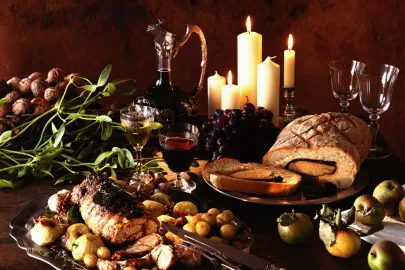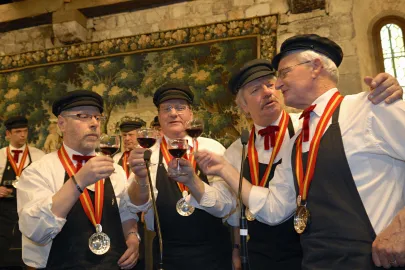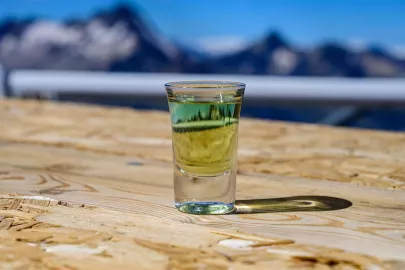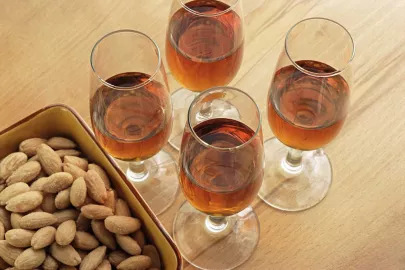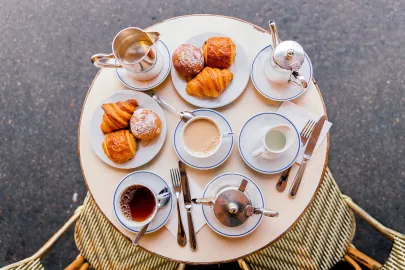The Loire Valley's Eco-Friendly Vineyards
Out of the major wine-growing regions in France, the Loire Valley is without a doubt one of the most sustainable and environmentally friendly. Read on to find out more.
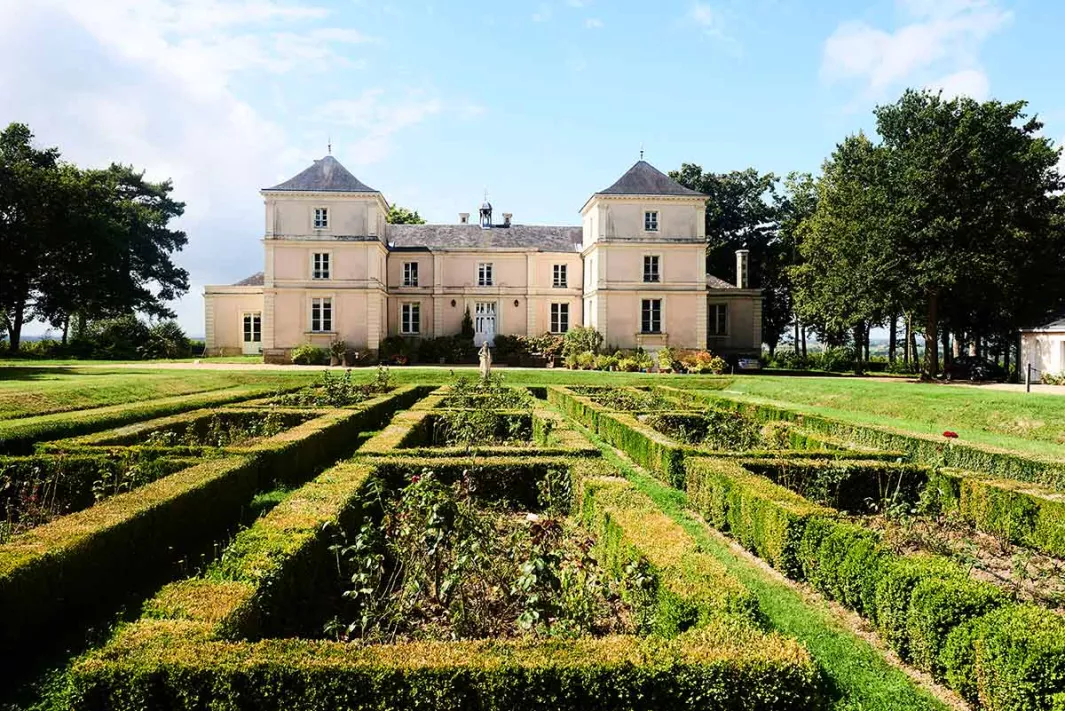
In this article
 In partnership with Loire Valley Wines
In partnership with Loire Valley Wines
Throughout its history, French vineyards have had their fair share of crises, recoveries, and disasters due to disease, such as grape phylloxera at the end of the 19th and the early 20th centuries, and technological advances. The 70s, 80s, and even the 90s saw the rise of a type of viticulture based on an array of chemical products, enological agents, and technological tools. While these products certainly made the work easier, the harmful effects of some on the soil, terroir, environment, and human health started to appear in the early 2000s.
The development of more eco-friendly practices
While this approach to wine-growing still exists, more environmentally friendly practices are steadily gaining ground. According to their level of strictness and the goal of their respective specifications, these practices are known as lutte raisonnée (reasoned struggle), HVE (high environmental value), organic, biodynamic, and natural. Organic farming, for example, is still used on a minority of vineyards in France, but has been growing exponentially for the past several years. In 2015, 9% of farmland was organic. By 2019, this figure had climbed to 14% in France and the Loire Valley. Within the region, the number of organic estates rose from 417 in 2011 to 736 in 2019. Some winegrowers have always been team organic, while others are just now coming around. Either way, the idea of "clean" viticulture is gaining ground.
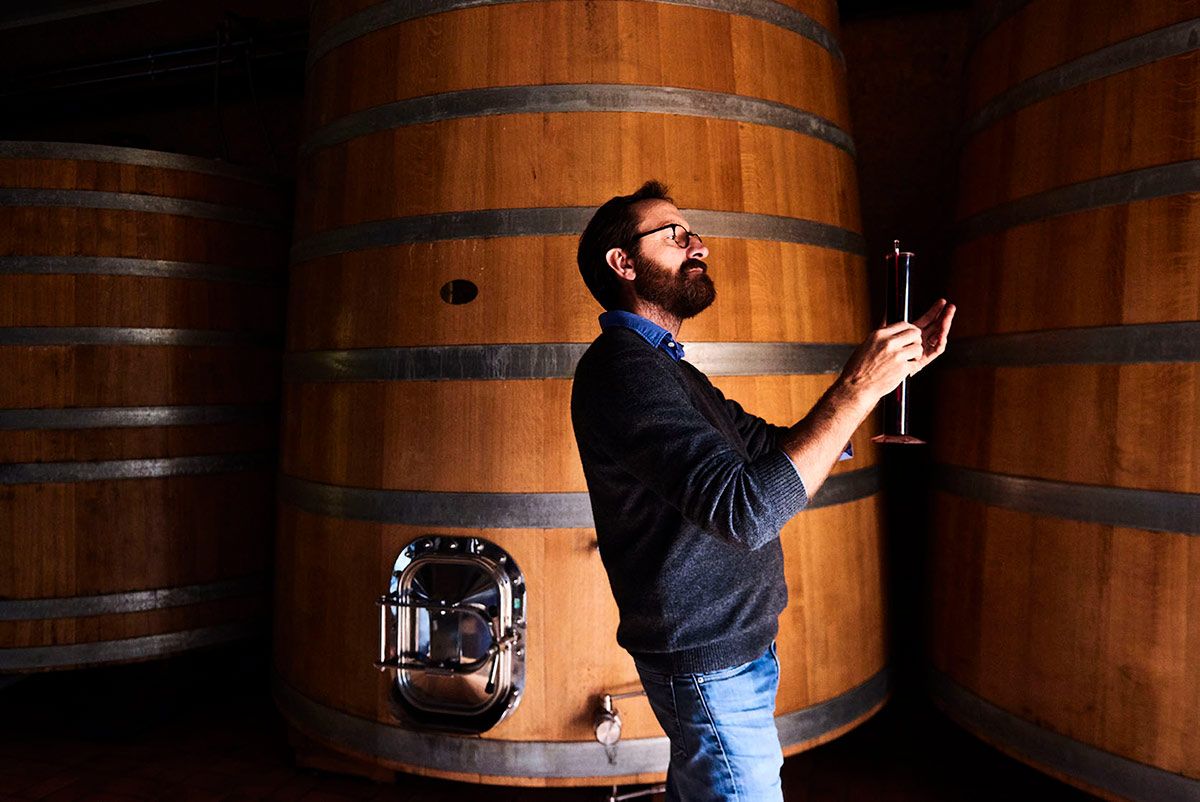
© ©Louis-Laurent Grandadam
The pioneers who came before
This development was made possible by the enterprising pioneers who first cleared the way. Unlike other large wine-growing regions in France, the Loire Valley has always been a trailblazer in this field. Key figures from the region have embraced and continue to embrace a different way of making wine—one that is environmentally friendly and geared towards protecting both the soil and grapes. Younger generations followed in their wake, drawn by the more reasonable land prices in certain regions, such as Anjou. In all of the designations within the Loire Valley, wine makers combine ethical actions with impassioned discourse. In the Muscadet region, for example, a quick walk through the vineyards of Joseph Landron or Jérôme Bretaudeau is all it takes to see the proof of their commitment. The vines are stunning, the soil is alive, and the vineyard is full of biodiversity! The same can be said of Thierry Germain, whose Roches Neuves estate in the Saumurois has been organic since 2000 and cultivated using a biodynamic approach since 2004. These wine makers and many others now maintain a close-knit relationship with their terroirs. The good news is that sustainable viticulture is no longer practiced by a limited number of "small" wine makers. Large estates have now taken up the charge, including Château de Fesles in Thouarcé (Maine-et-Loire). While touring the vineyards of this beautiful estate perched atop one of the highest points of Anjou, Gilles Bigot, the head wine maker of the property, which is already HVE certified and in the process of converting to all-organic practices, explained that "demand for organic-certified wines is actually growing every day."
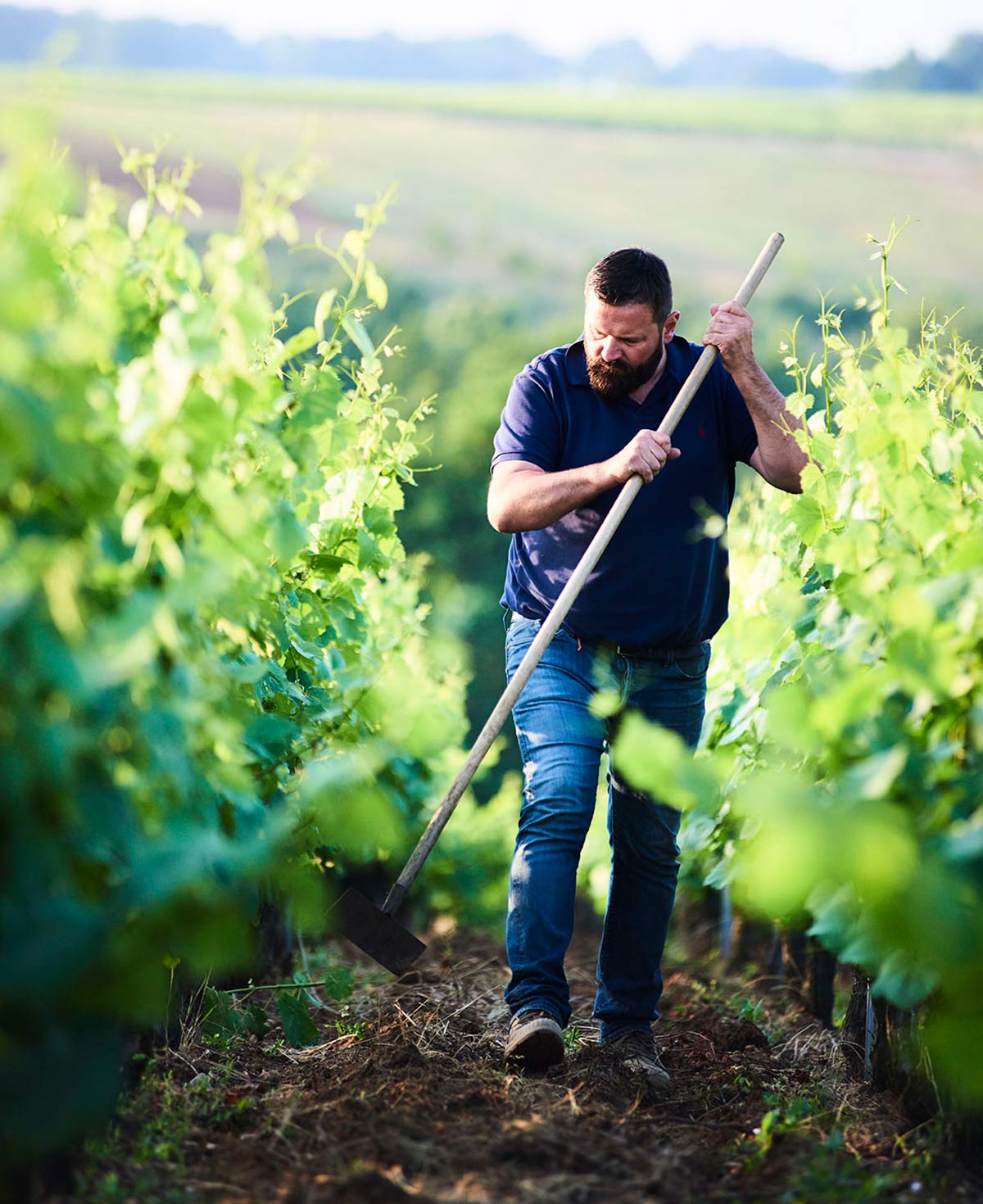
© ©Louis-Laurent Grandadam
A green light for the future
The movement is gaining momentum, and organic farming is becoming increasingly popular. HVE certification covers topics such as biodiversity protection and phytosanitary strategies. It enjoys support from public authorities and is popular among wine growers. Training institutions specialized in viticulture now dedicate a portion of their curricula to the environment. In the Loire Valley, Amboise and Montreuil-Bellay Agricultural High Schools incorporated this kind of instruction very early on. Hopefully, more and more wine producers will adopt a sustainable approach in the future.
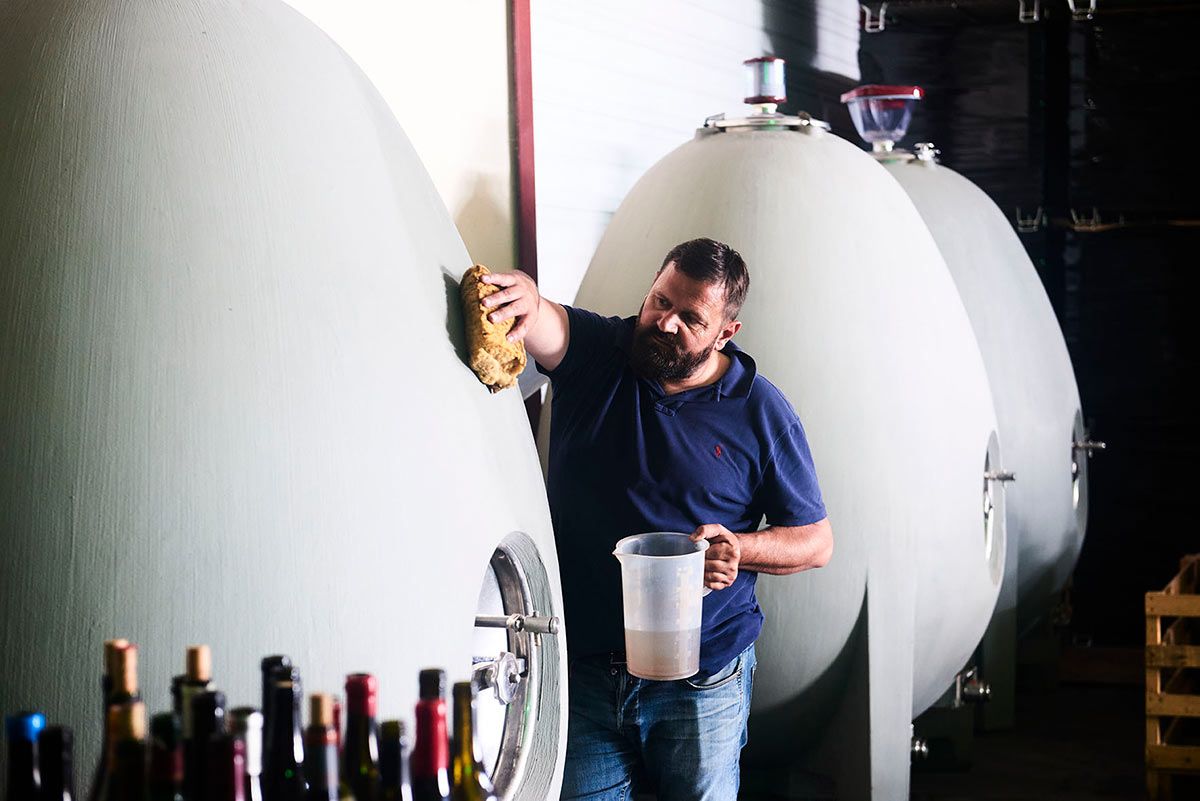
© ©Louis-Laurent Grandadam
Contributor

Editor

